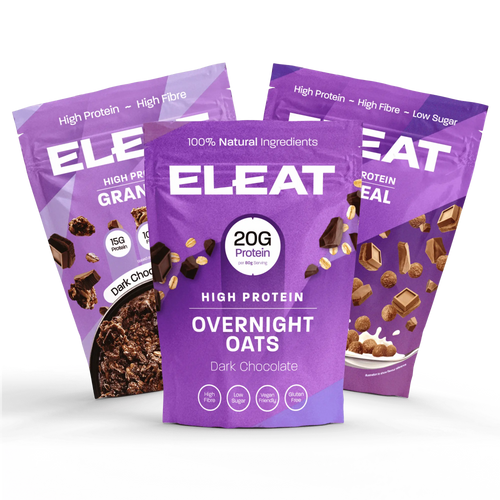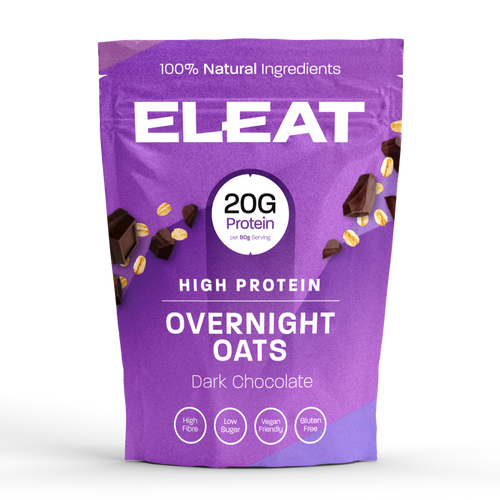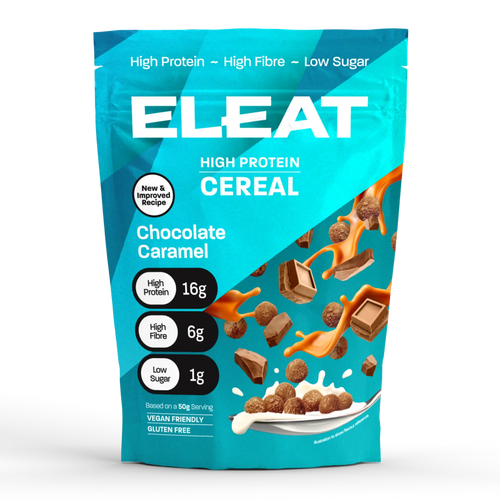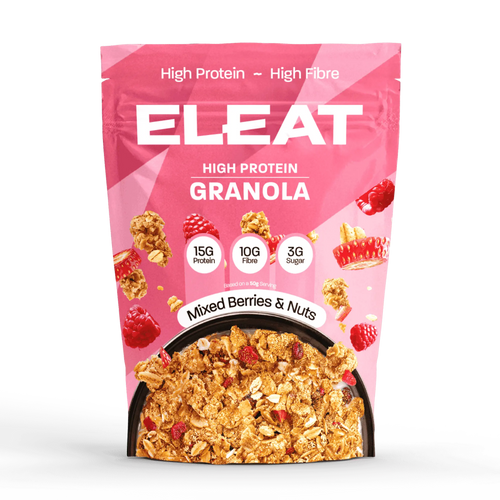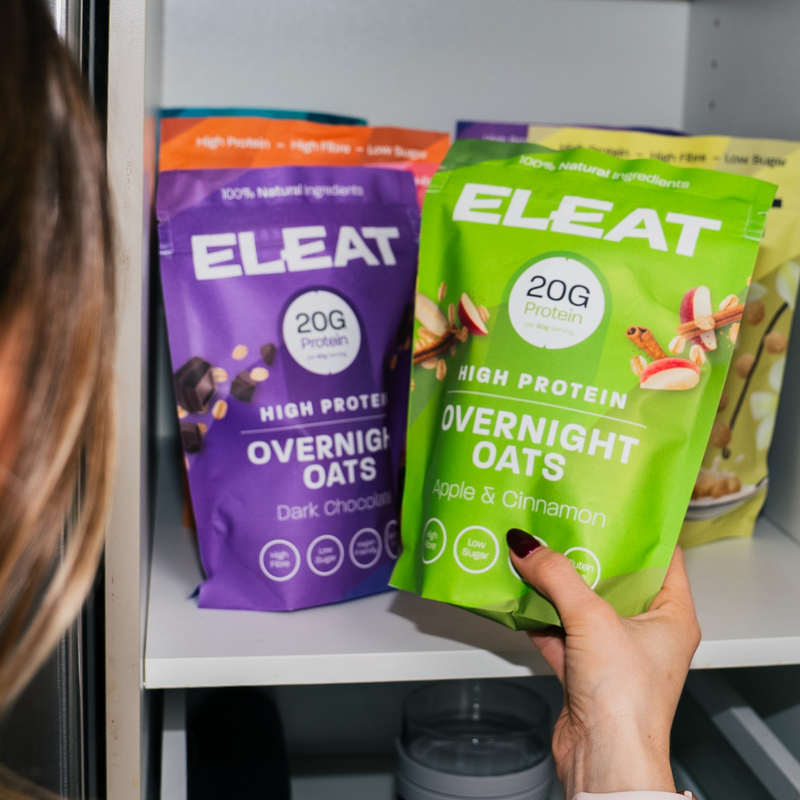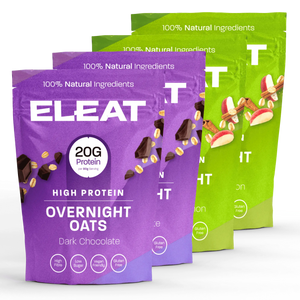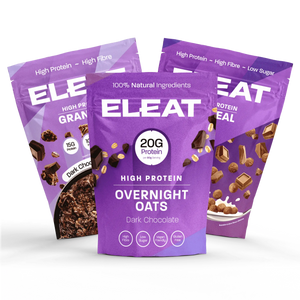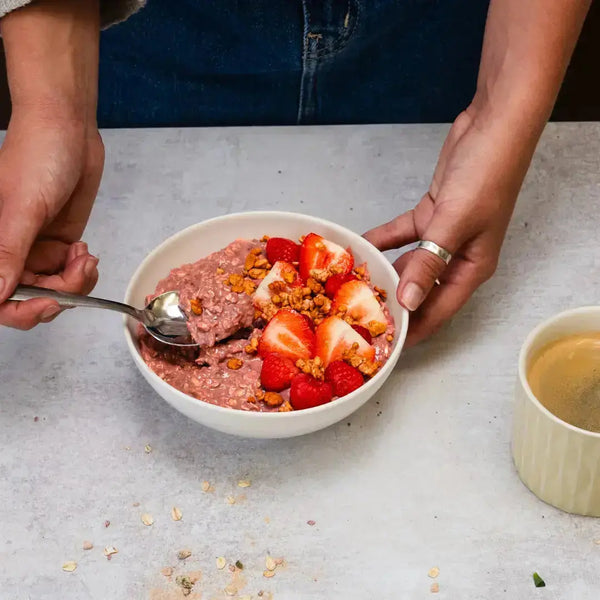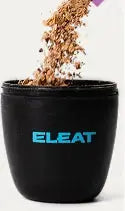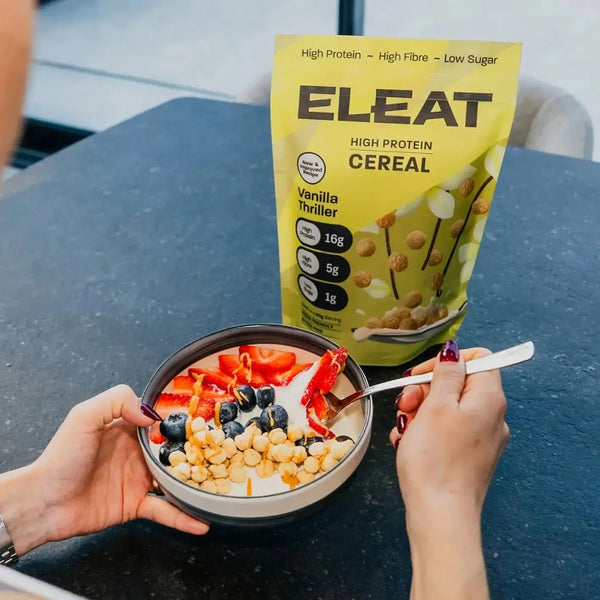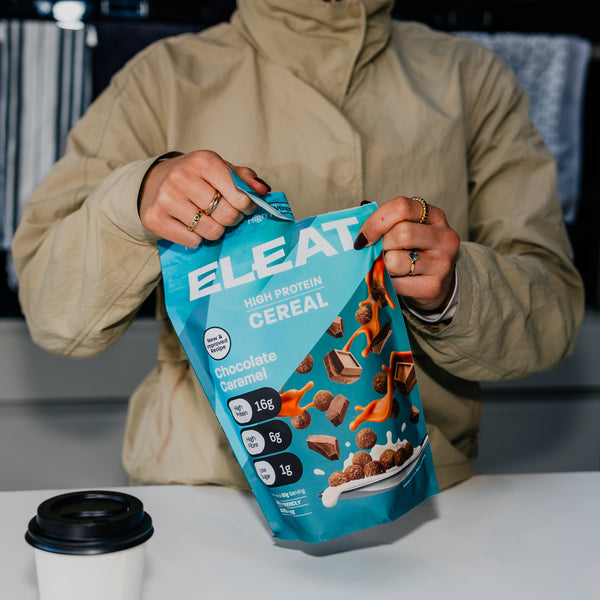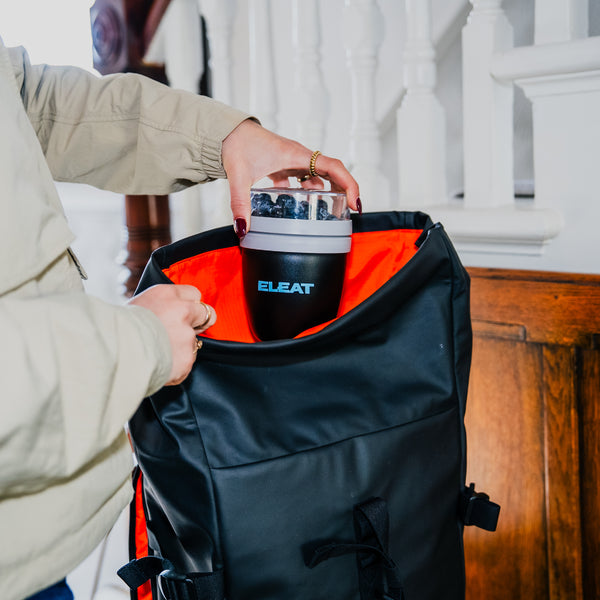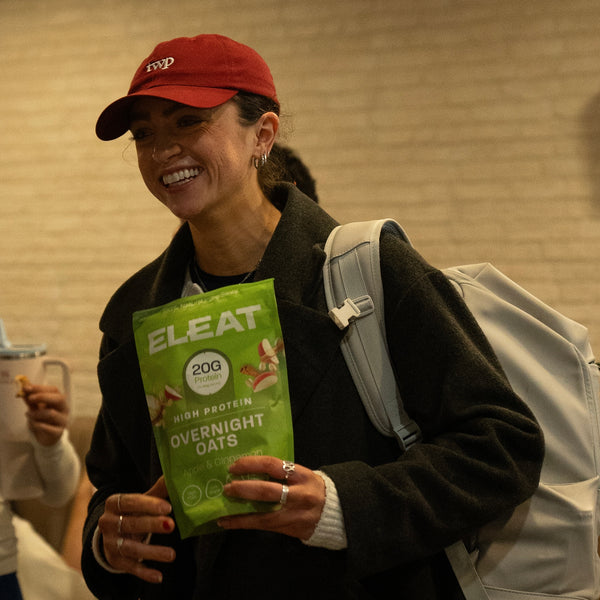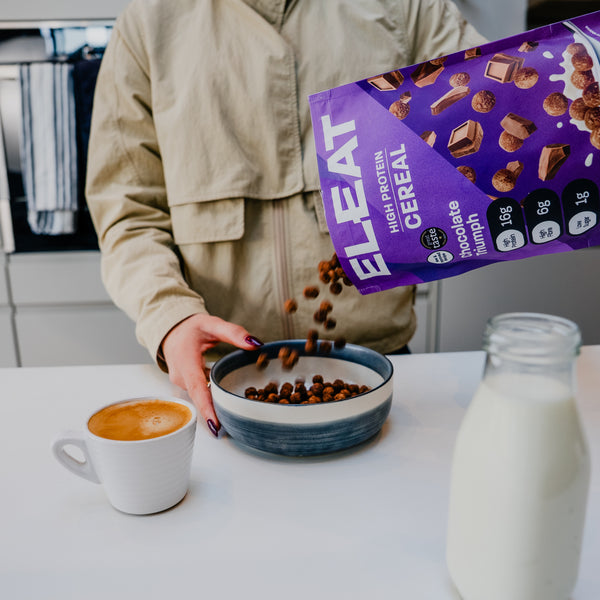In this article:
Running is becoming more and more popular, as is the completion of marathons. This year, over half a million people applied to run the London Marathon with only 58,000 being successful.
Marathons are incredibly challenging races, pushing even experienced runners to their limit, preparing effectively is vital. But, this doesn’t just come down to training. What we eat in the run-up to a marathon is just as important, if not more.
Dr James Morehen is a leading performance nutritionist who currently supports the England Rugby team with nutrition advice. We spoke with him about how individuals can effectively prepare for sporting events, and marathons in particular.

Fuelling For A Marathon: Eat with Intent
Whether you’re a seasoned veteran in marathon running, or a complete beginner, eating with intent is crucial throughout your training (and life in general!). James explained this making sure we’re fueling for the work required on a daily/weekly basis.
Fuelling your body strategically can be the difference between hitting a PB and failing to complete the race. It ensures your muscles are prepared to support you with energy throughout the race and avoid hitting the wall at 16 miles.
“It doesn’t matter how fit you are, or how hard you’ve trained, the biggest impact on marathon performance is hitting the wall at 16 miles because you haven’t fuelled properly” - Dr James Morehen.
Marathon running is a serious amount of exercise and it causes muscle damage, throughout the race you’ve got loads of little micro traumas occurring in your muscles. Fuelling your body isn’t only important for the race, but also for recovery afterwards.
Pre-Race
When preparing for the race, you can use the opportunity to test out what works best for you. Experiment with pre-run meals and find out what works best for you in terms of pre-fueling. Ensure you’re eating lots of complex carbohydrates such as legumes and whole grains that will provide you with sustained energy.
Fuelling really well with carbohydrates is vital in the run-up to a marathon. James suggests having pasta parties the evening before a race, carbohydrate intake should be 8-10g/kg of body weight. This increases the glycogen stores in the muscles and boosts the amount of energy you can be given throughout the race. You’ll be eating around 50-70% more carbohydrates than normal when preparing for a marathon.
Protein is important too and it should remain consistently at about 2g/kg of body weight. We know this is important for muscle growth, recovery and repair which reduces the likelihood of any injuries.
It’s important to make sure you’re eating balanced meals in preparation for your marathon, not just protein and carbs; getting all the nutrients your body needs to ensure you’re in optimal health.
During the Race
On the day of the race, fuel with ample, easy carbohydrates. Jam on toast with orange juice is a great example of a carb-high pre-race meal. It’s sugar dense but it will be used during the race.
Timing is key when considering fueling for your marathon. Eating around 2-3 hours before your run should help increase your energy levels without risking digestive discomfort.
Hydration shouldn’t be ignored when considering race-day preparation. Optimal hydration is key to running your best, and even being able to finish the race. To maximise hydration you can use electrolytes, or add more salt to your meals on the day and the day before the race, to replace any lost fluids and minerals.
Carbohydrates should be consumed during the race too. Aim to take around 60-90g/kg of body weight for every hour you’re running the marathon. This can be taken as solid bars, gels, or even sweets. Find what works best for you in the run-up to the event, so you can run your best race.
After the Race
Everyone seems to forget that after the race is just as important as the preparation. Most people celebrate the marathon they just completed with a pint and a pub meal, or fast food. But, when considering fuelling for a marathon you need to consider the 72 hours surrounding it.
Marathons put our bodies through hell and we need to do our best to help them recover to reduce the risk of injuries and help us feel better.
Instead of heading to the pub after you’ve finished your marathon, have a recovery smoothie. Consuming lots of low GI carbs, antioxidants and colour helps us optimise our recovery.
Conclusion
James’ work as a top-level performance nutritionist has led him to work with several elite athletes and he plays a critical role in helping individuals reach peak performance and optimal recovery.
From strategic pre-race meals to mindful hydration and post-race nourishment, his insights provide a comprehensive framework for runners to enhance their training, race-day performance, and post-event recovery.
By prioritising balanced nutrition, experimenting with fuelling strategies, and recognising the importance of both pre- and post-race nutrition, runners can maximise their potential, minimise the risk of hitting the dreaded "wall," and support their bodies through the rigorous demands of marathon running.
